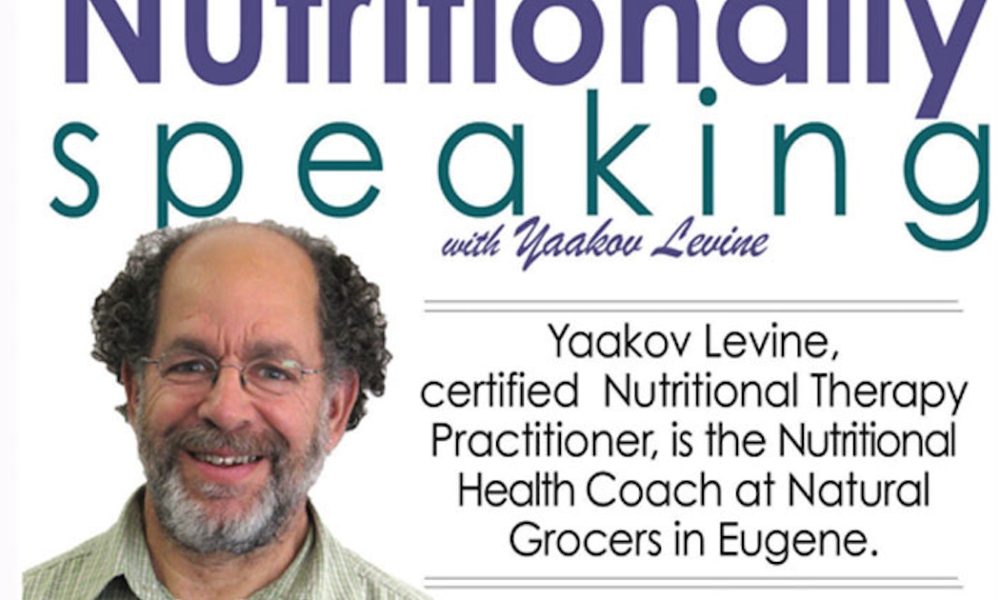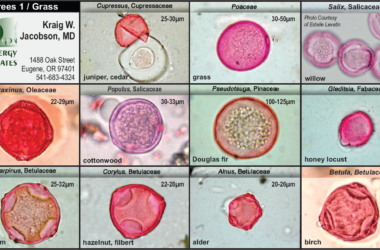
As the weather warms, and eventually turns hot, it’s a good time to revisit an important topic, with the hope that we will not spend our summer with our cells starving for hydration. Experts tell us to drink half our weight in ounces of water each day, and of course to replace water lost when we drink diuretic beverages such as caffeinated beverages, bottled fruit juices and alcoholic beverages. We will also need additional salt in our diet as we perspire more in the hot weather.
Historically, salt has played many roles in our societies other than making our French fries or peanuts taste great. Covenants of Salt were what sealed agreements in Biblical times. The word ”salary” comes from the practice in Roman times of using salt as payment to soldiers. You have probably heard the phrase, ”He’s not worth his salt”; this stems from the fact that salt was used to determine the value of slaves in Ancient Greece. The mystics believed that salt had powers to prevent illness, and the Latin saying, ”Nil sole et utilius” (there is nothing more useful than sun and salt) supports that belief.
In my house, my mother, who was born in Europe (and was more than a bit superstitious) would toss a bit of salt over her shoulder to bring us good fortune and health. (it usually worked!).
What is salt? Sodium and chloride molecules combined make up the chemical composition of salt. Sodium chloride is present in ocean water, and makes up 75 percent of the ”salt” in seawater. In our bodies, sodium chloride (salt) teams up with potassium which is our body’s primary intracellular mineral (inside the cells).
Sodium is found mostly in extracellular (outside of the cells) tissues. You may have heard about electrolytes, which we replace with drinks such as Gatorade (chock full of artificial ingredients) and Recharge (a much healthier version). These electrolytes are sodium chloride (salt) and potassium and other trace but important minerals.
When these nutrients are in balance we have the correct amount of fluids in all of our body’s cells. This also correlates with the balance of fluids making up our blood volume. If we have a high salt/low potassium diet we increase the blood volume and as a result our blood pressure may be elevated.
Studies have confirmed that maintaining a balance of electrolytes – sodium, calcium, potassium and magnesium – is key to human health. When our bodies lose these electrolytes through perspiration or diarrhea the results can be serious. If we drink only water after exercise, our usual electrolyte balance is not restored and we suffer from hyponatremia, or ”water intoxication.”
Since we will (eventually) enjoy some hot summer weather I suggest the inclusion of good-quality salt in your drinking water. A pinch of good-quality sea salt, not enough to even taste, will help maintain your electrolyte balance and increase your stamina – this is ”Gatorade” without the sugar and toxic coloring and flavoring chemicals.
In his book, ”Staying Healthy with Nutrition,” Elson Haas, M.D. states that ”Where natural foods are the only sources of sodium, there is almost no hypertension and the resulting high blood pressure. These foods contain more potassium, which is found in high amounts in plant cells as well as in human cells.”
In his section on sodium, Dr. Haas talks about the controversy around sodium intake and its effect on blood pressure. He suggests that some researchers believe the key to controlling blood pressure and hypertension is controlling the potassium-to-sodium ratio. The processed foods most of us eat are generally higher in sodium and lower in potassium. When we make our food from scratch and use a good-quality salt we will have a healthier electrolyte balance.
Some healthy salts available at most health food stores are Real Salt, Himalayan Salt and Celtic Salt. If your sea salt is white in color, it has most likely been ”refined” and the critically needed electrolytes will be missing.
Dr. James DiNicolantonio, a leading cardiovascular research scientist, has reviewed over 500 publications to unravel the impact of salt on blood pressure and heart disease. He’s reached a startling conclusion: The vast majority of us don’t need to watch our salt intake. In fact, for most of us, more salt would be advantageous to our health. In his recent book, ”The Salt Fix” he tells the remarkable story of how salt became unfairly demonized – a never-before-told drama of competing egos and interests – and took the fall for another white crystal: sugar.
In his book, DiNicolantonio suggests that, in fact, too little salt can:
• Cause you to crave sugar and refined carbs
• Send the body into semi-starvation mode
• Lead to weight gain, insulin resistance, type 2 diabetes, cardiovascular disease, chronic kidney disease, and increased blood pressure and heart rate.
On the other hand, eating the salt your body desires can:
• Improve everything from your sleep, energy and mental focus to your fitness, fertility and sexual performance, and stave off common chronic illnesses, including heart disease.
It’s best to eat foods that are less processed – foods with fewer ”ingredients.” One of those ”ingredients” in most of our processed foods is the sodium – which, again, is refined and out of balance with potassium and missing the other electrolyte minerals.
On a simple diet of organic fruits and vegetables, free-range meats, whole grains, organic and (if available) raw dairy, and the best quality sea salt our bodies will be able to have the correct balance of the important electrolytes. As I have suggested before, do not eat foods that your grandparents would not recognize. Add regular exercise and plenty of pure water, and the result is better health and vitality.







